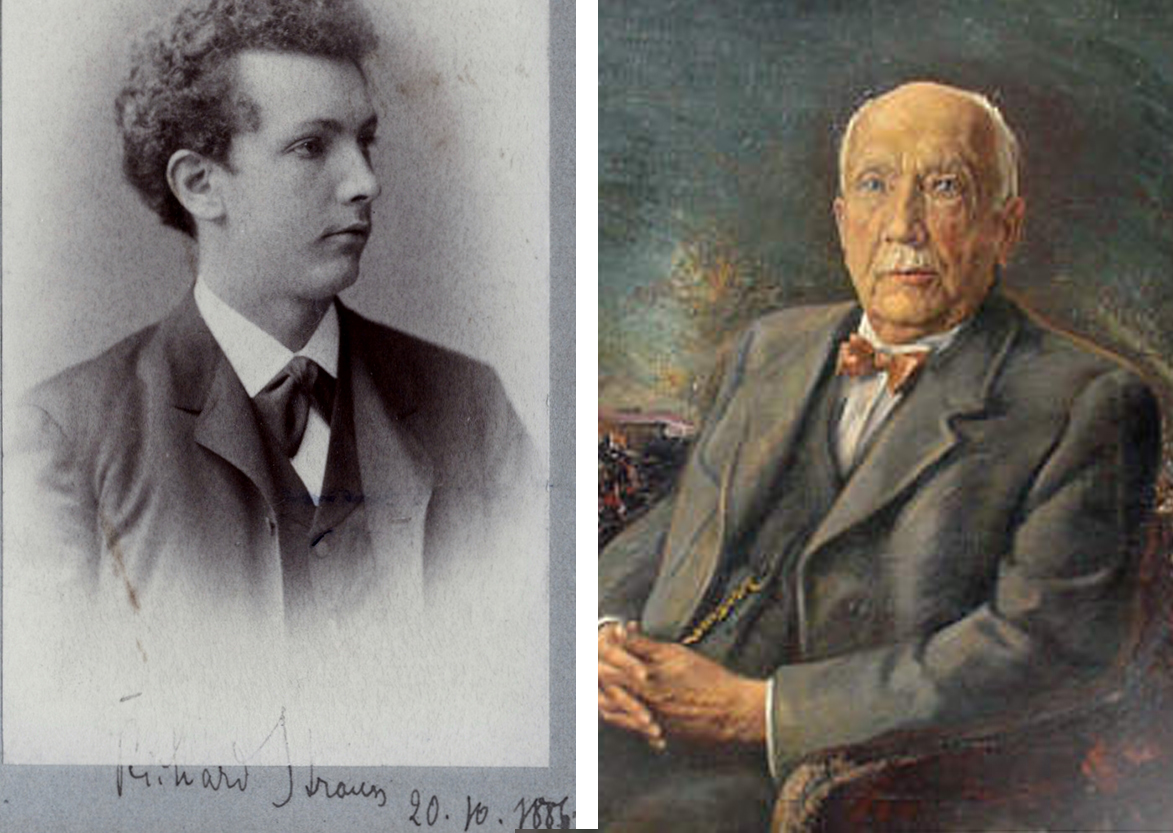Composed 1941; 12 minutes
Much of Strauss’s work was done in the Twentieth century; much of his music belongs to the Nineteenth. Capriccio is his last opera, completed in 1941, in his 78th year. As a late work, it is full of nostalgia. Its subject matter deals with a topic dear to any composer of opera: the relative merit of the music versus that of the text. Although it looks to the past, Strauss’s opera is far from indulgent. It is composed to a tight, elegant and pointed libretto by the conductor Clemens Krauss, based on the libretto of an earlier opera by Salieri. The subtitle ‘Conversation Piece for Music by Clemens Krauss and Richard Strauss’ indicates the importance of Krauss’s partnership to the project.
Capriccio is set in Pre-Revolutionary Paris, around 1775. The Sextet is heard at the very opening as a piece of chamber music played off-stage for the central character, a Countess, who is in her salon. Strauss’s delectable music is scored for pairs of violins, violas and cellos and leaves the impression of being an homage to Brahms. As the first piece of chamber music to come from Strauss’s pen for a half century, the Sextet returns to a genre that he last explored in his youth. Then, Brahms was a strong influence on the young composer, although, with the arrogance of youth, Strauss was to refer to Brahms as “leathery St. Johannes” for years to come. Now, writing in the very Brahmsian medium of string sextet, the mature Strauss adds a rewarding work to the string repertoire. Even though there is virtually no action on-stage for almost two hours, Capriccio won admirers from the time of its première. “I can do no better than this,” Strauss concluded.

The young Richard Strauss (left), having served a composer’s apprenticeship with classical sonatas for piano, for cello and for violin, together with a string quartet and dozens of other traditionally oriented, unpublished chamber compositions. His swan song to chamber music came with the Violin Sonata at the ripe old age of 23.
Strauss in 1943 (right), having recently completed Capriccio, his final opera, which opens with tonight’s Sextet, his first chamber work in more than 50 years.